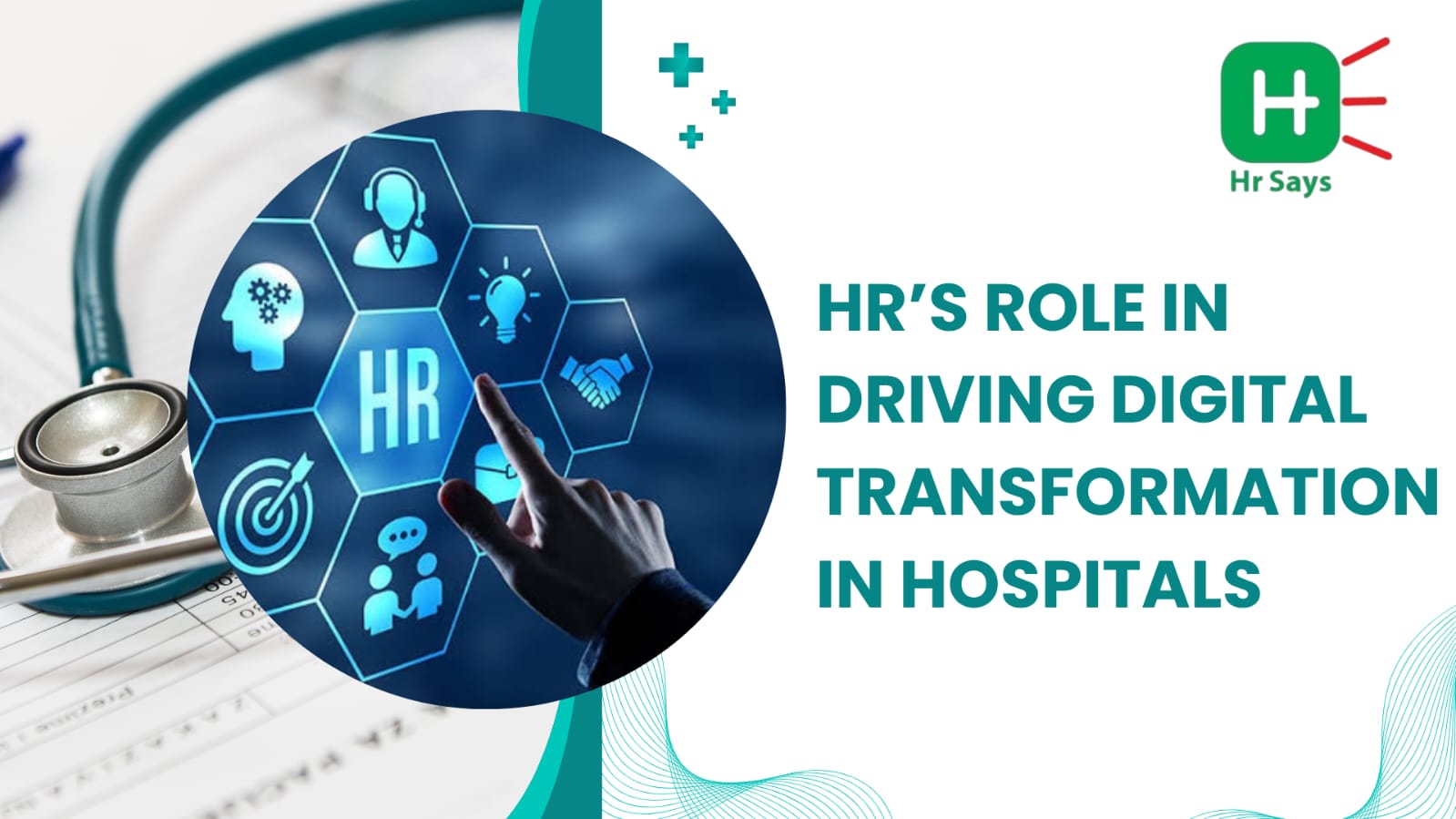Can digital transformation succeed without people adapting to it? Unlikely. Hospitals adopting AI, EHRs, or cloud software still depend on human behavior. And here’s where HR enters—not as a support act, but as a change driver.
The Silent Force Behind the Shift
Technology has entered every corridor of modern hospitals.
● AI in healthcare predicts diagnoses.
● Healthcare automation speeds up paperwork.
● Medical software handles everything from scheduling to prescriptions.
● SaaS in healthcare allows tools to scale quickly and cheaply.
● Healthcare cloud solutions ensure access—anytime, anywhere.
● EHR integration improves patient continuity.
But none of these work without the people behind them. Digital tools must be adopted, not just installed. And HR manages this adoption. Quietly. Consistently.
Where HR Steps In
1. Talent Strategy
Tech needs talent. New roles are emerging—data analysts, automation experts, cybersecurity leads. Traditional hiring no longer fits. HR is designing talent pipelines that align with software rollouts.
2. Upskilling the Workforce
The average nurse isn’t trained in analytics. Doctors often resist new systems. But digital tools demand new behavior. Upskilling becomes urgent. HR leads internal workshops, partners with ed-tech platforms, and introduces continuous learning paths.
3. Culture Shift
Transformation fails if culture resists. That’s where HR rewrites the script. By building openness
to change. By linking digital goals to human purpose.
A tool is only as useful as the mindset that operates it.
The Risks Are Human Too
● Interoperability in healthcare often fails due to people ignoring protocols.
● Cybersecurity in healthcare is compromised not just by tech flaws, but by human error.
● Password sharing. Phishing links. Ignored software updates.
● HR steps in here too—with policy, awareness, and accountability.
Data, Decisions, and HR’s Digital Mirror
Hospitals now use healthcare data analytics for patient trends. But HR is using it too.
● Monitoring digital adoption rates.
● Spotting burnout caused by automation overload.
● Aligning workforce performance with digital benchmarks.
HR itself is going digital, creating a mirror effect—transforming as it drives transformation.
The Unseen Catalyst
Tech brings potential. HR brings people. It manages resistance. It sets training wheels. It listens
when systems fail users. And it adjusts strategy without noise.
Digital transformation in hospitals isn’t just a CIO’s task. It’s a shared effort—and HR is finally at
the core of it.
Conclusion
Hospitals won’t go digital by software alone. Success depends on culture, skills, and
adaptability. And that means HR isn’t just involved—it’s essential. As healthcare modernizes, it
will be people who carry the change. And HR will be the ones preparing them—one step at a time.

 Hospitals are going digital. But tech alone doesn’t drive change—people do. HR is no longer on the sidelines. From hiring to data compliance, its role in transformation has become impossible to ignore.
Hospitals are going digital. But tech alone doesn’t drive change—people do. HR is no longer on the sidelines. From hiring to data compliance, its role in transformation has become impossible to ignore.








.jpeg)
.jpeg)

.jpeg)





.jpeg)



.jpeg)

.jpeg)



